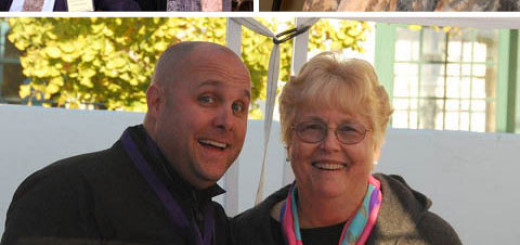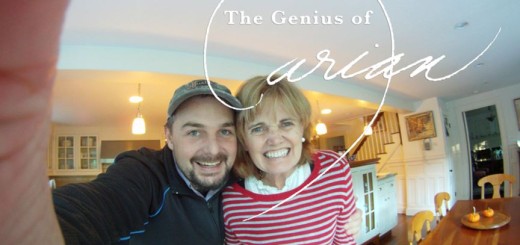Unable to attend the Forum, but still inspired
Unable to attend this year’s Advocacy Forum in Washington, D.C., which just concluded, I got caught up on its “happenings” by reading some of the highlights. Sure, I know missing the party is not quite the same as being there, especially when your friends keep telling you how great it was. But honestly, knowing all 600 advocates were speaking for millions of others still leaves me with the same hope and inspiration I would always feel when shoulder to shoulder with everyone. You know the feeling – these are people who have been where you are; your experiences are so similar that you can finish each other’s sentences. We love them and we need more of them!
A couple of the Forum highlights are particularly striking. In a speech to the advocates, Melody Barnes, President Obama’s domestic policy advisor and director of the Domestic Policy Council, confirmed the Obama administration’s commitment to furthering the fight against Alzheimer’s disease. She said “President Obama takes the fight against Alzheimer’s disease seriously” and acknowledged that increased awareness is needed in order to achieve change in Alzheimer’s research, care and support. How true! She also acknowledged that “”¦not enough people know that Alzheimer’s disease is the sixth-leading cause of death in the nation,” and that’s why the president has assigned her and others to “pursue a path to deal with the progression of the disease and ultimately to cure and prevent it.”
As you know, public awareness and education is a key component of California’s Alzheimer’s Disease State Plan. An educated and informed public will push us in the right direction for more research as well as better methods for diagnosis and treatment. This was really brought home in a recent San Francisco Chronicle piece, “Dancing with Alzheimer’s Disease” (May 15, 2011). It was written by Roderic Duncan, a former reporter and judge. He detailed his path down the mystery highway (that’s my term) when seeking help for memory issues. After much time, outlay of resources, misinformation and lots of frustration, he was finally referred to the UCSF Memory and Aging Center where his confidence (if not his memory) has no doubt increased. It shouldn’t be this hard! But alas, we know it is, and we have to keep telling policy decision-makers the story! That’s exactly what 600 advocates were doing in Washington, D.C. and that’s one of the core strategies for the California State Plan. We tell the story so we can enact meaningful change.
A natural leap to the commitment by President Obama’s administration and all of the personal stories describing how people deal day-to-day with Alzheimer’s is, of course, the National Alzheimer’s Project Act (NAPA), signed into law by President Obama on Jan. 4, 2011.
So, it was with great interest that I read about the first public listening session on NAPA held at the Forum. Advocates spent an hour sharing their thoughts with the Obama administration on what should be included in a national plan to address Alzheimer’s. How I wish I could have been there! The panel heard from a diverse group of advocates and many of the sentiments expressed echo what we in California have heard in our own listening sessions over the past couple of years. A few examples:
“Family caregivers need the administration to focus on the cost of care and the quality of care. Unified care coordination and support for family caregivers will help to delay expensive assisted care.”
“My wife, brother and sister all have Alzheimer’s. In each instance, initial diagnosis was delayed up to three years because a primary care physician did not recognize the signs.”
A 15 year old spoke about his father with younger-onset Alzheimer’s. He said “When we tried to get my dad into clinical studies, they told us he was too young. The starting age was 50 and he was 48.”
Ok my friends, keep talking. Keep telling your stories. If you attended the Forum and want to share your experience, please do it here for all to read! We’ve got to keep looking at all avenues to tell this story of Alzheimer’s. Whether you focus on the strategic picture or detail the kernel of a single problem or incident, it doesn’t matter. What matters is that everyone in your community and everyone in your “elected” community (those folks have power over us, whether we like it or not!) listens to you. Speak!

















